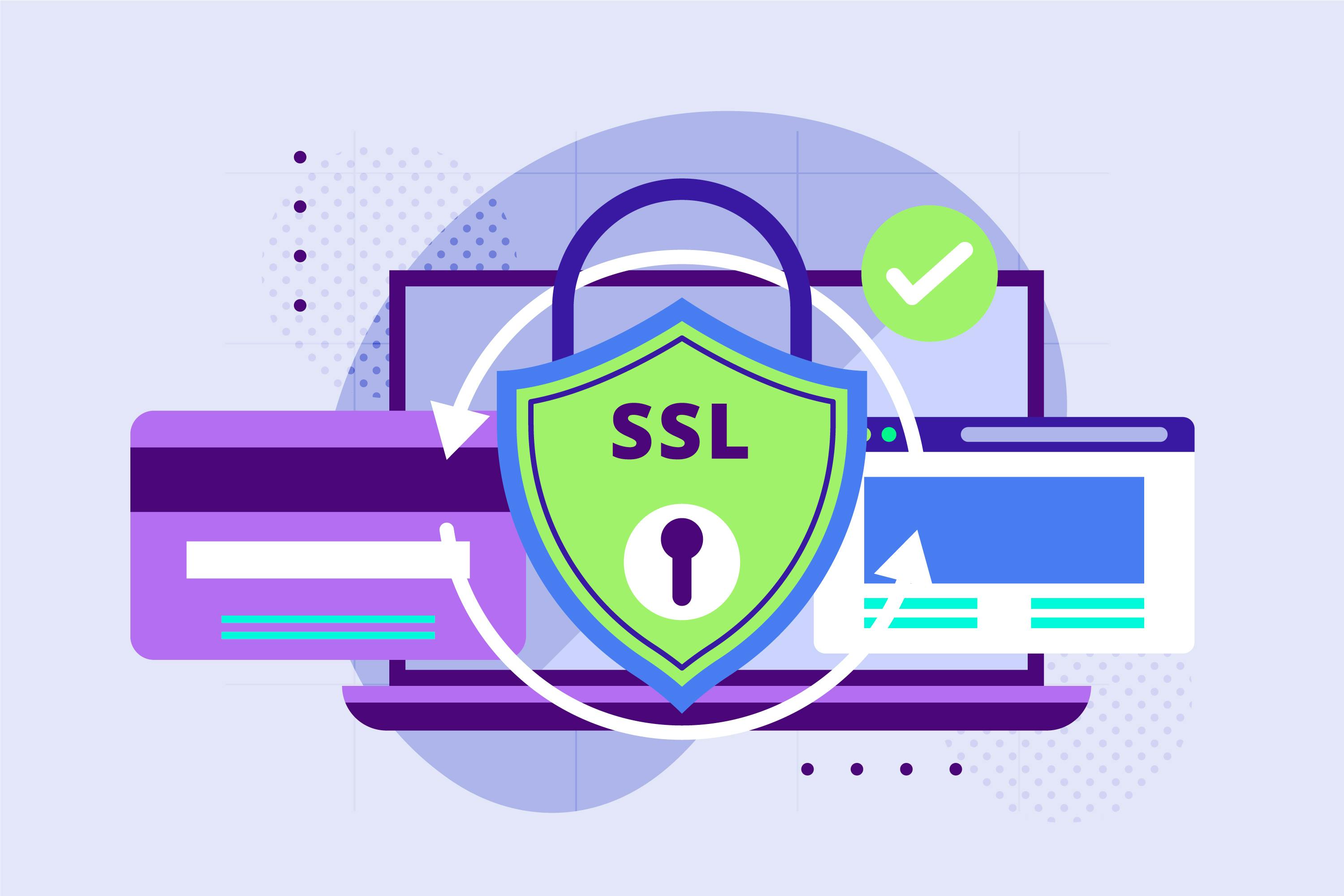What is the Importance of HTTPS or SSL Certificate for Ecommerce Websites?

HTTPS (HyperText Transfer Protocol Secure) is a secured version of the HTTP protocol that is used for transferring data between a user's web browser and the website they are visiting using an HTTPS certificate.
The HTTPS certificate is commonly known as an SSL (Secured Socket Layer) or TLS (Transport Layer Security) certificate that encrypts the communication between the user's browser and the website's server, ensuring that the data transmitted is secure and cannot be intercepted or tampered with by any unauthorized actors, such as cyber criminals.
How HTTPS or SSL Certificates Benefit E-commerce Websites
HTTPS or SSL certificates are enriched with security and various other features that are highly beneficial for e-commerce websites, as per the following:
Data Encryption
The HTTPS/SSL certificates encrypt the data exchanged between the user's browser and the e-commerce website's web server by securing any financial, personal, or other information and preventing any unknown person from intercepting the data communication process.
Boost User Trust
E-commerce websites secured with SSL certificates obtained from trusted certificate authorities such as Certera, Sectigo, etc. are enhanced with a site seal of the CA along with a padlock icon and "https://" in their browser's address bar. This boosts the trust of the users that the website they are visiting is safe and trustworthy.
Regulatory Compliance
Many regulatory bodies and standards, such as "PCI DSS" etc. have mandated e-commerce websites to use SSL or HTTPS certificates to ensure the safety of financial transactions and also the protection of personal or sensitive data shared by users. Compliance with these regulations is essential for legal and operational reasons.
SEO Factor
Popular search engines like Google, Bing, etc. consider SSL or HTTPS as a vital ranking factor. E-commerce or any other domain secured with trusted SSL certificates is more likely to be ranked higher on the SERP (Search Engine Result Page), increasing visibility and attracting more visitors to the website.
Avoids the Risk of Phishing Attacks
HTTPS certificates aid in the prevention of phishing attempts by confirming the identity of the website. Users can be assured that they are interacting with a legitimate eCommerce website rather than a fraudulent one.
Secures Financial Transactions
eCommerce websites process financial transactions, and HTTPS ensures that these transactions are secure. This builds confidence in customers, encouraging them to make purchases on the platform.
Enhanced User Experience
HTTPS certificates allow secure connections, which ensure that the website loads faster and performs better, increasing the entire user experience. Slow or insecure websites may deter potential customers.
Conclusion
To summarize, SSL/TLS or HTTPS certificates play a very significant role in enhancing security, trust, and the overall performance of eCommerce websites, offering higher benefits of increased user confidence and more successful online transactions.